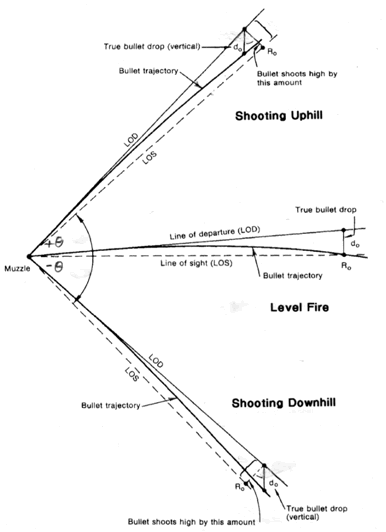For my History of Mathematics Course this Semester the Professor is having us write up weekly summaries of what we discuss in class. I have decided to post what I write. Here is the 1st entry.
I found myself in the odd position of missing the second class of the semester and therefore missing the first real lecture of the year, as well as losing my change to gain an insight into how the class was going to be approached. Not that I wasted the time I should have been spending in class adsorbing the material. Instead I found myself in San Francisco at the Joint Mathematics Meetings. The second conference that I have attended and, thankfully, the second at which I presented. It was a radically different experience though as the first was a Graph Theory and Combinatorics conference with approximately 300 attendees, rather a smaller amount than the, at least, 5,500 people who made it to the JMM this year. I would be lying if I said it was not surreal scooting past Ron Rivest in a lecture hall or rubbing shoulders with Donald Knuth, sharing the same air with such luminaries of mathematics reminded once again the importance and gravity of our chosen subject. With my presentation, and the ones that I attended, I remembered the mutating and growing nature that is mathematics which really helps to put the challenge of studying its history in perspective. Also speaking to, and interviewing for my podcast, people like Richard Stanley from M.I.T., Steve Strogatz from Cornell, and Joseph Gallian from Duluth I was able to learn just how much mathematics can change in a short period of time. In the end though it was not all work for me in San Francisco, as I was able to spend a lot of time just talking to other mathematicians near my age. Therefore I was able to revel in the companionship that only the shared knowledge of such an exalted subject can bring.
All of this made the first chapter of the book slightly surreal. I had spent four days immersed in a sea mathematicians wearing name tags so then reading about people of whom we only have the vaguest of grasps bordered on spooky. To then leave the realm of certainty in class to talk about whether numbers were created or discovered was an even greater departure but not an unwelcome one. It is that kind of question, along with how does a child perceive mathematics and what is the intersection of mathematics and art that I feel that most mathematicians tend to avoid because they are so called soft questions. Just as what the History of Mathematics is seen to be. To not ask these questions though is rather obviously a mistake in my mind. As we learn more about the mathematics of the ancients through archeology or finding something someone else missed, we can get a more precise image of the mistakes they made and, more vitally, how they succeeded. Through these stories of achievement and failure we will come to gaze on the story of our discipline and better see where and how to move forward.
 Olga Holtz is a professor at University of California Berkley and Technischen Universität Berlin. Samuel Hansen spoke with Professor Holtz at the 2010 Joint Mathematics Meeting in San Francisco, California where she was an invited speaker. They discussed: her talk in Zonotopal Algebra, the difference between working in the USA and Germany, and the bottleneck of communication. You can find out more about Professor Holtz by visiting her
Olga Holtz is a professor at University of California Berkley and Technischen Universität Berlin. Samuel Hansen spoke with Professor Holtz at the 2010 Joint Mathematics Meeting in San Francisco, California where she was an invited speaker. They discussed: her talk in Zonotopal Algebra, the difference between working in the USA and Germany, and the bottleneck of communication. You can find out more about Professor Holtz by visiting her 









